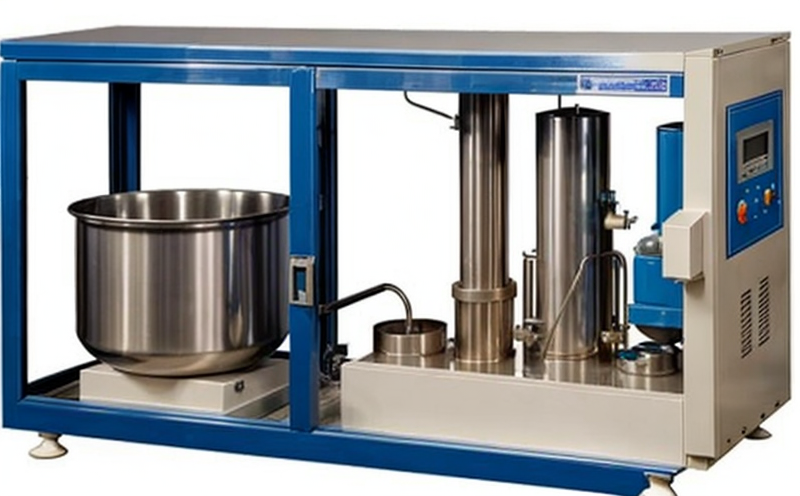EN 18921 Citrinin Profiling in Fermented Feed Additives
The European standard EN 18921 provides a comprehensive methodology for the quantification and profiling of citrinin in fermented feed additives. This service is particularly crucial for ensuring food safety, animal health, and compliance with international standards.
Citrinin is a mycotoxin produced by certain species of fungi that can contaminate cereal grains such as wheat, barley, and maize during storage or processing. When these contaminated grains are used in feed production, citrinin can accumulate in the final product, posing potential risks to animal health and possibly human consumers. The standard aims to address this issue through a precise analytical approach.
The service involves several key steps: sample collection, preparation, analysis using liquid chromatography coupled with tandem mass spectrometry (LC-MS/MS), and comprehensive profiling of citrinin. Sample preparation is critical as it ensures accurate quantification by minimizing matrix effects. The LC-MS/MS method allows for high sensitivity and specificity in detecting citrinin even at trace levels.
Profiling involves not only quantifying the primary form of citrinin but also identifying metabolites that may be present, which can provide additional insights into the source and transformation pathways within the feed additive. This comprehensive approach ensures a thorough understanding of citrinin contamination in fermented products, enabling informed decision-making regarding feed safety.
Compliance with EN 18921 is essential for producers and manufacturers of animal feed to ensure that their products meet regulatory requirements. By profiling citrinin, labs can help clients mitigate risks associated with mycotoxin contamination, thereby safeguarding both the health of livestock and the integrity of food supply chains.
The service is applicable across various sectors including agriculture, veterinary medicine, and nutrition sciences. It supports quality management by providing reliable data that informs product development, production processes, and regulatory compliance strategies.
Applied Standards
The European standard EN 18921 is the cornerstone of this service, specifying the protocols for analyzing citrinin in fermented feed additives. The methodology described in the document includes detailed instructions on sample preparation, extraction techniques, chromatographic conditions, and mass spectrometric parameters.
The standard emphasizes the importance of accurate quantification and comprehensive profiling to ensure that all forms of citrinin are accounted for. This is achieved through a series of validated steps designed to minimize interference from other compounds present in complex feed matrices.
For those working with feed additives, this service not only meets regulatory requirements but also provides valuable information on the presence and concentration of citrinin. The use of advanced analytical techniques allows for precise measurement even when dealing with minute quantities of the mycotoxin.
Benefits
The implementation of EN 18921 offers numerous advantages to stakeholders in the food and feed industry. Firstly, it ensures that products are free from hazardous levels of citrinin, thus protecting both animal health and human safety.
Secondly, compliance with this standard enhances brand reputation by demonstrating a commitment to quality and regulatory adherence. This can lead to increased customer trust and market competitiveness.
Thirdly, the detailed profiling provided by this service helps manufacturers identify potential sources of contamination early in their supply chain processes. This proactive approach allows for corrective actions to be taken promptly, preventing costly recalls or product withdrawals later on.
Furthermore, the data generated from this analysis can be used to improve production methods and formulations, leading to more efficient and effective feed additives that meet stringent quality standards.
Industry Applications
In the agricultural sector, ensuring the safety of animal feeds is paramount. EN 18921 plays a vital role in this process by providing robust methods for detecting citrinin contamination. Farmers and feed manufacturers rely on accurate testing to maintain compliance with international standards.
The veterinary medicine industry also benefits from this service as it helps ensure that the diets provided to animals are safe and effective. By eliminating harmful substances like citrinin, veterinarians can recommend treatments that do not pose additional risks to patients or handlers.
Nutrition scientists use the results of these analyses to understand how different factors influence the occurrence of citrinin in feed additives. This knowledge is crucial for developing new products and improving existing ones based on evidence-based research.





